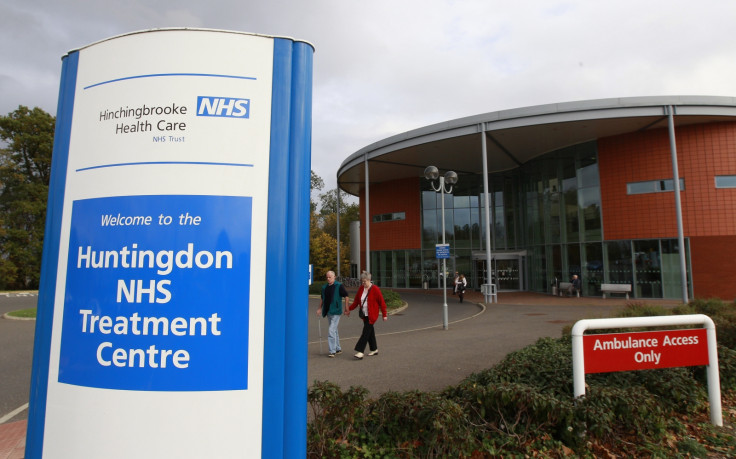NHS in crisis: Deficit of England health trusts soars to £822m - over 7 times 2014's level

Overspending in NHS trusts across England totalled £822m (€1,2bn, $1,3bn) over the past year, more than seven times as much as 2014's figure of £115m.
The amount of excessive spending by health trusts was published by health regulator Monitor shortly after the government announced an 11% decrease in overall public overspending.
"The last financial year was exceptionally challenging for the foundation trust sector, and it is clear the current one is following the same pattern," Monitor chief executive David Bennett warned.
"The sector can no longer afford to operate on a business as usual basis and we all need to redouble our efforts to deliver substantial efficiency gains in order to ensure patients get the services they need."
Richard Murray, director of policy at health care charity the King's Fund, said without the government's significant extra investments over the past year, the scenario would be even worse.
"These deficits have occurred despite substantial extra money provided by government, without which the position would have been much worse," he said.
Murray stated the figures were the results of an increasing demand for health services and a higher amount of nurses hired against a lower income for the trusts because of cuts made by the government.
"Plugging the growing black hole in NHS finances must now be an urgent priority for the government," he said. "There is a real prospect of deficits snowballing and, unless the government finds extra money, an accelerating decline in NHS performance and a deterioration in patient care."
Analysis by Monitor found that over the past year, the trusts treated more than half a million more emergency in-patients than the year before, bringing the total to a record breaking 10.7 million patients.
Meanwhile, during the same period, the sector failed to meet the target of admitting or treating 95% of accident and emergency patients within four hours. In the last quarter of the year, only 91.6% were seen within the four-hour limit, the lowest quarterly performance ever.
NHS England analysis showed rising A&E admissions were a major factor in the poor overall performance of the past year.
Murray added: "Attention will now turn to the current financial year, with signs suggesting that the position is continuing to deteriorate."
© Copyright IBTimes 2025. All rights reserved.





















